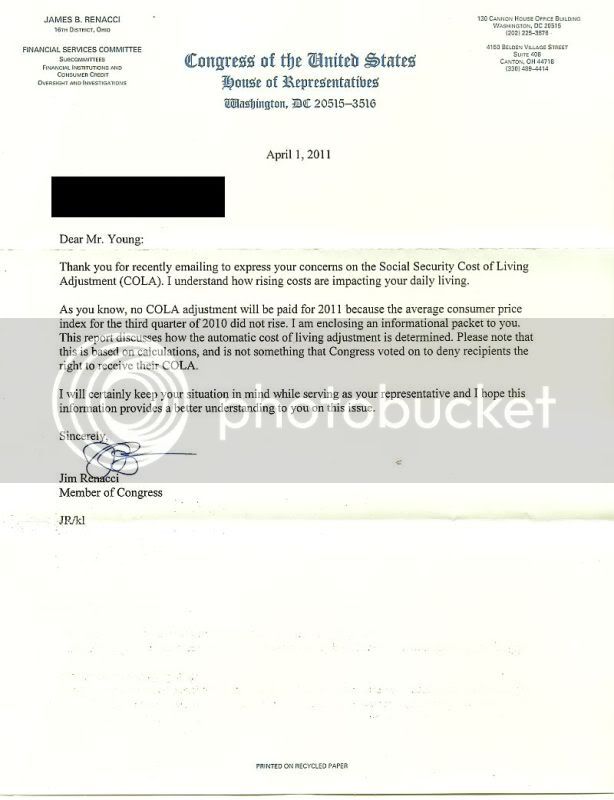M
Marge
Granbonny said:I remember before your surgery..how you were hoping not to have to take coumadin..due to your love of traveling. Did you get to take a trip since your surgery? and after the 3 months on coumadin? I hope so..How is your Hubby? Didn't he have a knee replacement?..........Marge, maybe it was just the 3 months on coumadin..It takes a while to get in range...Also, remember you can get a home tester to take on trips with you.
We (coumadin takers) all get upset the first few months...but, then..learn to dose on our own...If high, eat more Greens, V-8 juice..Low, tweak a tad for a week.And there is always Al.
I'm age 65 soon
Been on coumadin now for 3 years. No problems.
If you do decide to take the coumadin. check for a hometester..... My Cardio approved one for me..I call in my INR once a month to his nurse.They are the one's that write my scrip.......Take care..Bonnie
Granbonny, how nice of you to remember all that! Especially since I have not been on the board much in a long time. (Reason being I have had so few complications or problems since the surgery. Perhaps I was doing TOO well .... so when I hit a glitch, like the a-flutter thing, it throws me for a loop!) You are a sweetie pie.
I've done a fair amount of traveling since the surgery -- I've been to New Mexico, also to France, and twice to Mexico. Yes, my husband had his knee replacement but it turned out to be much more complicated than anybody, including his surgeon, thought ... he's still not fully recuperated and it's been 10 months!!! Really, the knee thing has been lots worse than anything that happened to me with the valve and OHS. He has good range of motion back but is still in a lot of pain. Apparently there is nerve damage.
About the coumadin: I really didn't have that much trouble staying in the range they wanted. I didn't worry too much about the diet, decided to just let THEM adjust to my diet, not vice versa. It was actually working out not that bad, by the time they took me off it. But the testing was THE PITS. By the time I went off the stuff I think they had explored every vein I had. I looked like a junkie with all the puncture wounds and bruising. Every lab visit ended up in me screaming at them (sometimes vice versa). And I think they are a quite good lab.
How does it work with the home testing? Do you have to stick sharp objects in yourself?
I think I would not mind the coumadin if I were a homebody ... but ...
one problem is that I expect to be away from home for a lot longer stays in the future -- several months at a time -- and not necessarily to places where there will be a handy lab, or even a handy doctor to call in from home testing.
Anyway -- I am going to call my cardio again next week & talk to him some more about my options, and how coumadin will affect the rest of my life. When I talked to him today, I asked about travel, and he said it would be OK for 1-3 weeks. He was rushed & I didn't have a chance to explain that 1-3 weeks was not necessarily what we have in mind!!!!

























